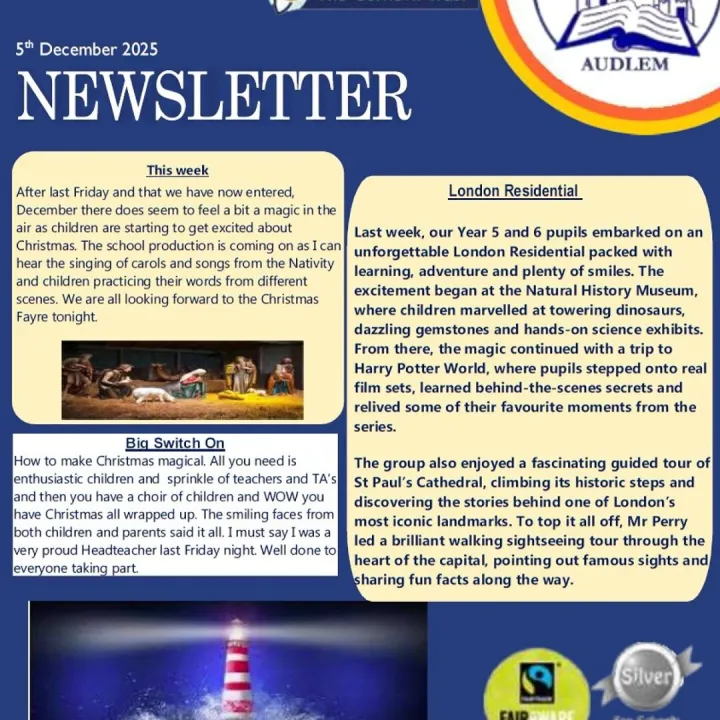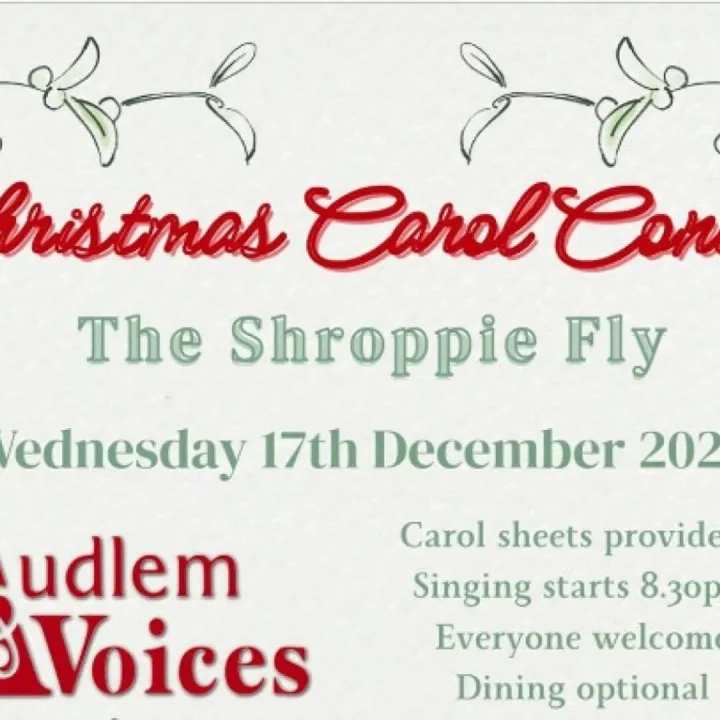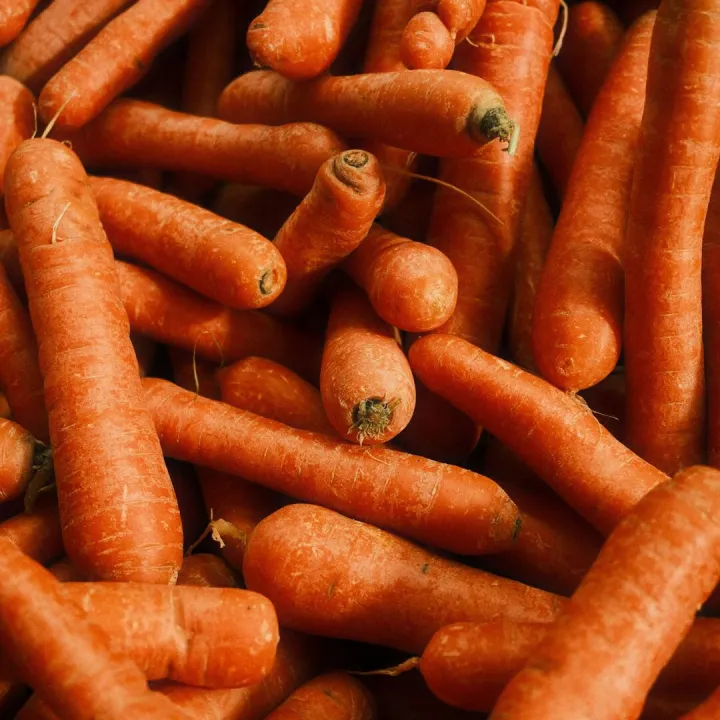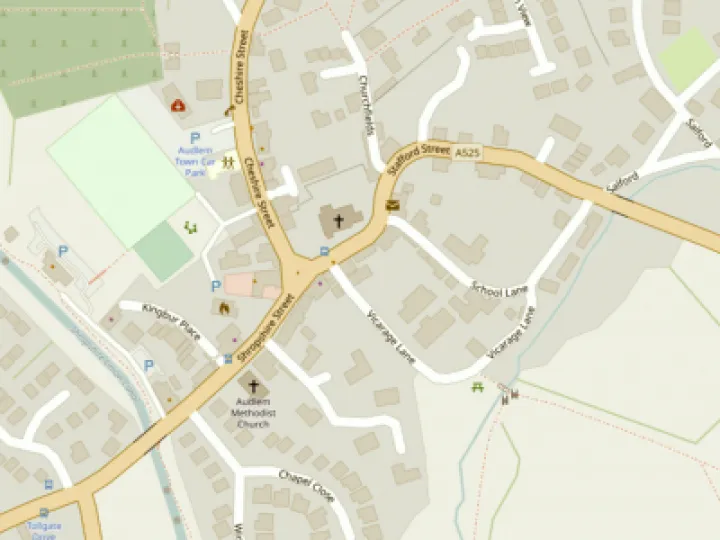







The Nobel Prize is a set of annual international awards, first made on December 10th 1901, which are bestowed in several categories by Swedish and Norwegian institutions in recognition of academic, cultural or scientific advances.
The Nobel Prize was funded by Alfred Nobel's personal fortune. Nobel bequeathed 12% of his fortune to the Nobel Foundation that now forms the economic base of the Prize. Nobel, according to his last will and testament, intended the prize to "reward those who serve humanity".
The prize ceremonies take place annually in Stockholm, Sweden (with the exception of the peace prize, which is held in Oslo, Norway).
Each recipient, or laureate, receives a gold medal, a diploma, and a sum of money that has been decided by the Nobel Foundation. As of 2017, each prize is worth SEK 9,000,000 or about £836,000. The Nobel Prize is widely regarded as the most prestigious award available in the fields of literature, medicine, physics, chemistry, peace, and economics.
Medals made before 1980 were struck in 23 carat gold, and later from 18 carat green gold plated with a 24 carat gold coating.
Between 1901 and 2016, the Nobel Prizes and the Nobel Memorial Prize in Economic Sciences were awarded 579 times to 911 people and organisations. With some receiving the Nobel Prize more than once, this makes the total number of recipients 881 individuals and 23 organisations.
Notable recipients of the Peace Prize include Barack Obama, Mikhail Gorbachev, Jimmy Carter, Al Gore, The International Campaign to Abolish Nuclear Weapons, The European Union, and joint winners in 1994, Yasser Arafat, Shimon Peres and Yitzhak Rabin.
In Literature, Bob Dylan, Doris Lessing, Jean-Paul Sartre, John Steinbeck and Ernest Hemingway are among the recipients.
The Curie family has received the most prizes, with four prizes awarded to five individual laureates. Marie Curie received the prizes in Physics (in 1903) and Chemistry (in 1911). Her husband, Pierre Curie, shared the 1903 Physics prize with her. Their daughter, Irène Joliot-Curie, received the Chemistry Prize in 1935 together with her husband Frédéric Joliot-Curie. In addition, the husband of Marie Curie's second daughter, Henry Labouisse, was the director of UNICEF when it was awarded the Nobel Peace Prize in 1965.
"If I have a thousand ideas and only one turns out to be good, I am satisfied."
Alfred Nobel
This article is from our news archive. As a result pictures or videos originally associated with it may have been removed and some of the content may no longer be accurate or relevant.
Get In Touch
AudlemOnline is powered by our active community.
Please send us your news and views using the button below:
Email: editor@audlem.org





